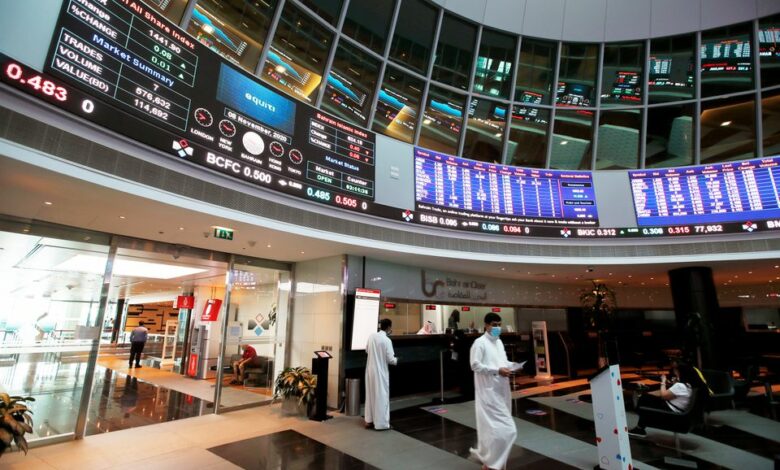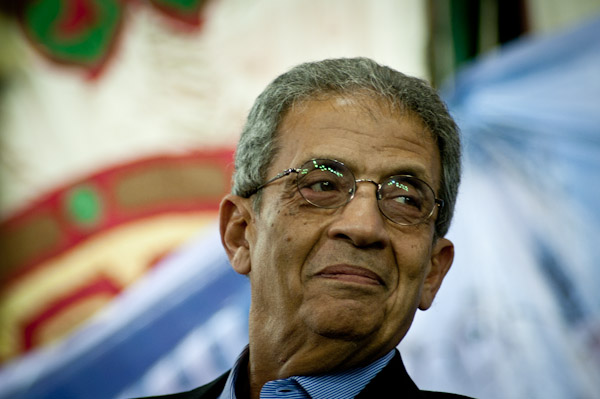
Nov 28 (Reuters) – Most Gulf stock markets fell sharply in early trade on Sunday, with the Saudi index suffering its biggest single-day fall in nearly two years as fears of a potentially vaccine-resistant coronavirus variant rattled investors.
The World Health Organization (WHO) on Friday designated a new COVID-19 variant detected in South Africa as being “of concern” – the fifth variant to be given the designation.
Saudi Arabia’s benchmark index (.TASI) retreated by 4.4%, dragged down by a 3.4% fall for Al Rajhi Bank (1120.SE) and a 5.3% decline for Saudi National Bank (1180.SE).
The kingdom has halted flights from and to Malawi, Zambia, Madagascar, Angola, Seychelles, Mauritius And Comoros Islands, Reuters reported on Sunday, citing the state news agency.
Dubai’s main share index (.DFMGI) tumbled 4.8% for its biggest intraday fall since March 2020, with blue-chip developer Emaar Properties (EMAR.DU) losing 7.9%.
Among other losers, budget airline Air Arabia (AIRA.DU) plunged 7.1%.
In Abu Dhabi, the index (.ADI) dropped 2.3%, hit by a 3.1% fall for First Abu Dhabi Bank (FAB.AD), the country’s largest lender, and a 3% drop for telecoms company Etisalat (ETISALAT.AD).
The United Arab Emirates has suspended entry for travellers from South Africa, Namibia, Lesotho, Eswatini, Zimbabwe, Botswana and Mozambique from Nov. 29 owing to concerns about the new variant of the COVID-19 virus, the state news agency reported on Friday.
The latest panedmic developments also sent oil prices, a key catalyst for the Gulf’s financial markets, plunging by $10 a barrel on Friday for their largest one-day drop since April 2020. The new variant added to concerns that an oil supply surplus could swell in the first quarter.
The Qatari benchmark (.QSI) declined more than 2% as stocks fell across the board.
On Saturday Qatar Airways said it has banned travellers from South Africa, Zimbabwe and Mozambique because of the spread of a new coronavirus variant.




